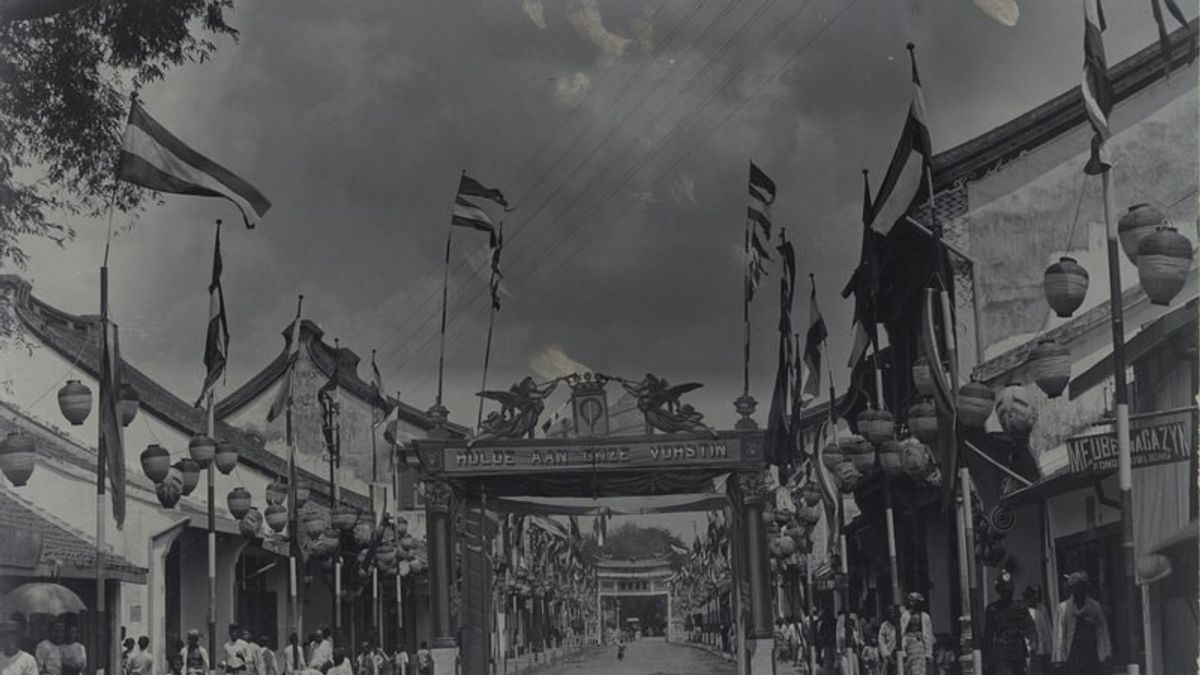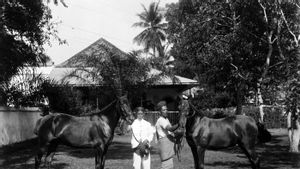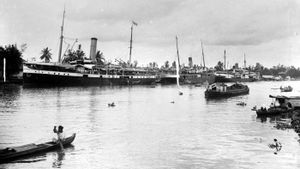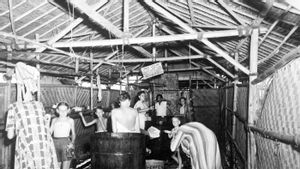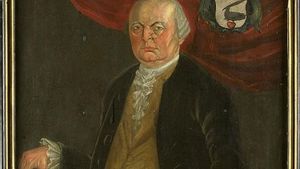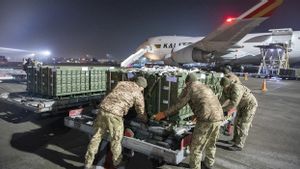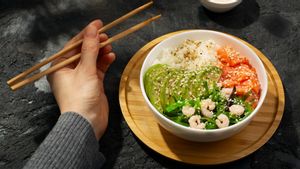JAKARTA - The Dutch colonialism left deep wounds for all the natives. The owner of the power placed the natives in the lowest strata of life in the Dutch East Indies (now: Indonesia). The colonizers were often discriminatory and racist.
Moreover, the natives were asked to respect the highest ruler of the Netherlands, Queen Wilhelmina. They were forced to celebrate Wilhemina's birthday profusely every August 31. The celebration was like a slap in the face: the Dutch danced over the suffering of the natives.
Stupid, lazy, likes to fight. That is the general opinion of the Dutch colonialists in assessing the natives. The commoners especially. Access to education or health is deliberately limited. So that the natives are reluctant to fight against the Dutch power.
That narrative has endured since time immemorial. Since the Dutch trading airline VOC came to power, until it was replaced by the Dutch East Indies colonial government. The natives are forced to occupy the lowest strata in society. In fact, it is often equated with animals. Dutch life comes first. While the owner of the homeland is marginalized.
The surge of racism spread to the mass transportation aisles in the Dutch East Indies. Bumiputras are forced to occupy third-class carriages when taking trains or trams. The carriage is also known as the goat class carriage. Everything was none other than the third-class carriage also transporting animals. Mainly goat.

The fate of the bumiputras is getting sadder during the period of forced cultivation. They are being squeezed like milk cows. Alias, the bumiputras were forced to work hard. Meanwhile the Dutch forced them to sell their agricultural or plantation products at low prices. This inhumane treatment continues to be recorded in every heart of the bumiputras. Soekarno, one of them.
“I want to convey to the world, that we are not "stupid people" as the Dutch have repeatedly told us. That we are no longer "stupid Inlanders only good to spit" as the Dutch have told us time and time again. That we are no longer residents of the class of goats who prostrate themselves wearing sarongs and headbands, crawling as desired by colonial masters in the past.”
“After the People's Republic of China, India, the Soviet Union, and the United States, we are the fifth nation in the world in terms of population. 3000 of our islands are habitable. But do you know how many people have no idea about Indonesia? Or where is it? Or about the color of the skin, are we tan, black, yellow or white?” Soekarno said as written by Cindy Adams in the book entitled Bung Karno: Penyambung Lidah Rakyat Indonesia (2013).
Queen Wilhelmina's Birthday
Day by day, the suffering of the bumiputras has not diminished. Moreover, the authorities also made it worse by forcing the presence of Queen Wilhelmina's birthday celebration (she was born on August 31, 1880) throughout the colonies, including the Dutch East Indies.
The celebration had been going on from August 31, 1885. Her birthday was celebrated with great fanfare. Parties, decorations, and games are prepared. All for the sake of celebrating the power desire of the Queen of the Netherlands.
This event must also be celebrated by all the natives. They were forced to fly the Dutch flag. Sometimes, the natives are asked to collect donations for the success of Wilhelmina's birthday celebration.
Not only that. The natives were also asked to respect the Dutch national anthem. This coercion was considered by the bumiputras as an explosion for immediate independence. Many of the natives refused to celebrate Wilhelmina's birthday. There are those who refuse to fly the Dutch flag – such as the Betawi figure, M.H. Thamrin. There are also those who refuse to memorize the Dutch national anthem.

“On May 10, 1932, Wilhelmus officially became the national anthem of the Netherlands. Prior to that date, in addition to Wilhelmus the song Wien Neerlands Bloed was also widely used as a kind of national anthem. The Dutch government took the decision to end the long debate about the status of the two songs being used as national anthems at official events. For some time Wien Neerlands Bloed was actually more popular than Wihelmus, especially among Catholics in the Netherlands.”
“The official decision, which was made in The Hague, had implications not only for the Netherlands but also for changing the position of the song in the Dutch East Indies as well as in Suriname and the Netherlands Antilles. Indeed, from 1932 onwards Wilhelmus also became the official national anthem in the Dutch colonies. Before that time, this song was well known in the Dutch East Indies in various versions and was often sung on Queen Wilhelmina's birthday," explained Gerard A. Person in the book "Merenungkan Gema: Perjumpaan Musikal Indonesia-Belanda" (2016).
VOIR éGALEMENT:
The English, Chinese, Japanese, Arabic, and French versions are automatically generated by the AI. So there may still be inaccuracies in translating, please always see Indonesian as our main language. (system supported by DigitalSiber.id)
